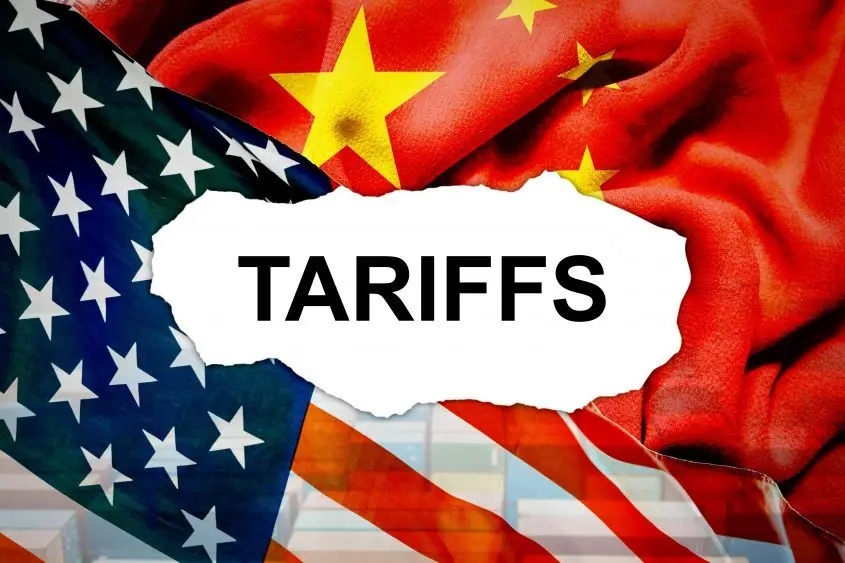
The U.S. International Trade Commission (USITC) unanimously voted yesterday to maintain the Suspension Agreements on sugar imported from Mexico. This concludes a legal and procedural process required to be undertaken by the USITC and the Department of Commerce every five years to ensure the Suspension Agreements remain effective and are working as intended.
“Sugar is an essential ingredient for American consumers and food manufacturers, and our farmers and workers are proud to produce sugar here in the United States. However, predatory international trade practices threaten our family farms and American factories, and the USITC’s decision to continue the Suspension Agreements reflects that reality. Without these Suspension Agreements in place, the USITC found it likely that American farmers and workers would once again experience material injury due to dumped and subsidized Mexican sugar,” said Dr. Rob Johansson, Director of Economics and Policy Analysis at the American Sugar Alliance.
The United States maintains antidumping (AD) and countervailing duty (CVD) laws to defend domestic industries from injury by dumped and subsidized imports. In 2014, the U.S. International Trade Commission ruled unanimously that imports of dumped and subsidized sugar from Mexico materially injured the U.S. sugar industry. The resulting duties levied on Mexican sugar exports to the U.S. to prevent damage to American sugarbeet and sugarcane farmers were suspended by the AD/CVD Suspension Agreements with Mexico. Those agreements between the U.S. and Mexican government and the Mexican industry were signed in 2014 and strengthened by the first Trump Administration in 2017.
“On behalf of the 11,000 sugarcane and sugarbeet farmers and all of the sugar workers the American Sugar Alliance serves, thank you to the Trump Administration for continuing to put America’s farmers first,” said Luther Markwart, Chairman of the American Sugar Alliance and Executive Vice President & CEO of the American Sugarbeet Growers Association. “We know that food security is national security, and we must continue to foster a fair market in the U.S. that allows our domestic farmers and sugar processors to thrive.”
The Suspension Agreements were put into place after Mexico cost U.S. producers $4 billion and many sugar workers their jobs. The continuation of the Suspension Agreements for another five years will ensure Mexico is held accountable for its trade practices.



